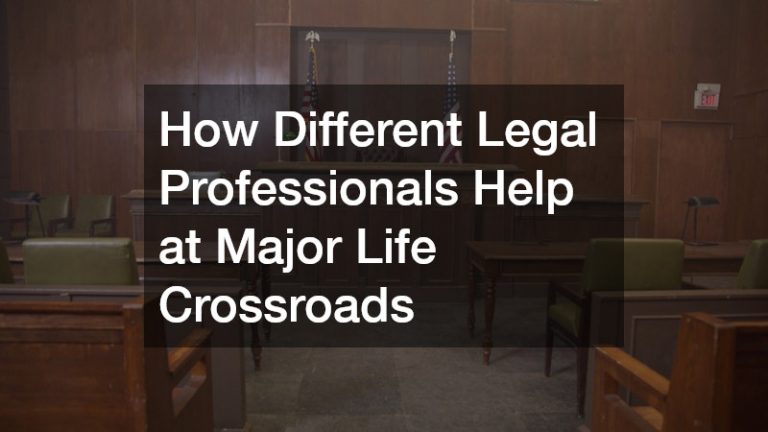Choosing the right estate planning attorney is a critical decision that can have far-reaching implications for your financial future and legacy. Whether you’re drafting a will, creating a trust, or planning for your family’s financial future, the expertise and reliability of the attorney you choose can make a significant difference. This article explores essential considerations to keep in mind when selecting an estate planning attorney, ensuring that your estate is managed according to your wishes.
Evaluate Experience and Specialization
One of the most vital factors in choosing an estate planning attorney is their level of experience and specialization in estate planning law. An attorney with extensive experience in handling estate planning cases will likely be more adept at navigating the complexities of the law and providing sound legal advice.
Therefore, it’s crucial to inquire about how long they have practiced estate law and the types of cases they typically handle.
Additionally, specialization matters as estate planning is a niche area that requires specific legal knowledge. Attorneys who focus solely on estate planning are more likely to stay updated on the latest developments and changes in the law. You should ask prospective attorneys about their areas of expertise within estate planning to ensure they are well-suited to meet your needs.
It’s also beneficial to review testimonials or case studies that demonstrate their track record. A seasoned estate planning attorney will have a history of successfully helping clients achieve their estate goals. Remember, the more experienced the attorney, the more likely they are to foresee and navigate potential challenges in estate planning.
Assess Communication and Rapport
Effective communication is essential when working with an estate planning attorney, as complex concepts and legal jargon need to be clearly explained. During your initial consultation, note whether the attorney takes the time to understand your unique needs and goals. A good attorney will listen patiently and provide clarifications for any misunderstandings.
Establishing a good rapport with your attorney is equally important as it ensures a comfortable and trusting relationship. You should feel at ease discussing personal and financial details with them, and they should demonstrate empathy and understanding. The attorney’s ability to build trust will often reflect in their communication style and willingness to be transparent about fees and services.
Understand Fee Structure and Transparency
The cost of hiring an estate planning attorney can vary widely, so understanding their fee structure is critical. Some attorneys charge hourly rates, while others may offer a flat fee for specific services like drafting a will or creating a trust. Knowing the expected costs upfront will help you budget properly and avoid surprise expenses.
Transparency in discussing fees is also a hallmark of a trustworthy attorney. They should be willing to provide a written estimate or outline of services and charges before entering into an agreement. This clarity ensures that there are no unexpected costs, and you can accurately assess the value of the services you will be receiving.
Comparing the fee structures of different attorneys may help you find an option that aligns with your financial situation. However, remember that the cheapest option isn’t always the best. It’s essential to weigh cost against experience, expertise, and the perceived value of the services provided.
Check References and Reviews
Checking references and reading reviews of prospective estate planning attorneys can provide valuable insights into their track record and client satisfaction. Former clients’ experiences can reveal an attorney’s strengths and potential shortcomings, such as responsiveness or professionalism. Positive reviews and client testimonials can be a reassuring sign of the attorney’s reliability and effectiveness.
In addition to online reviews, you might consider asking the attorney for references. Direct feedback from previous clients allows you to ask specific questions about their experience and outcomes. This step can be particularly beneficial if you have unique estate planning needs that require specialized expertise.
Selecting the right estate planning attorney requires careful consideration of various factors, including experience, communication, fees, and references. By evaluating these aspects diligently, you can ensure your estate plan is in competent hands and be better prepared for your financial future. Remember, the right estate planning attorney will not only execute your wishes effectively but also provide peace of mind as you plan your legacy.
.








